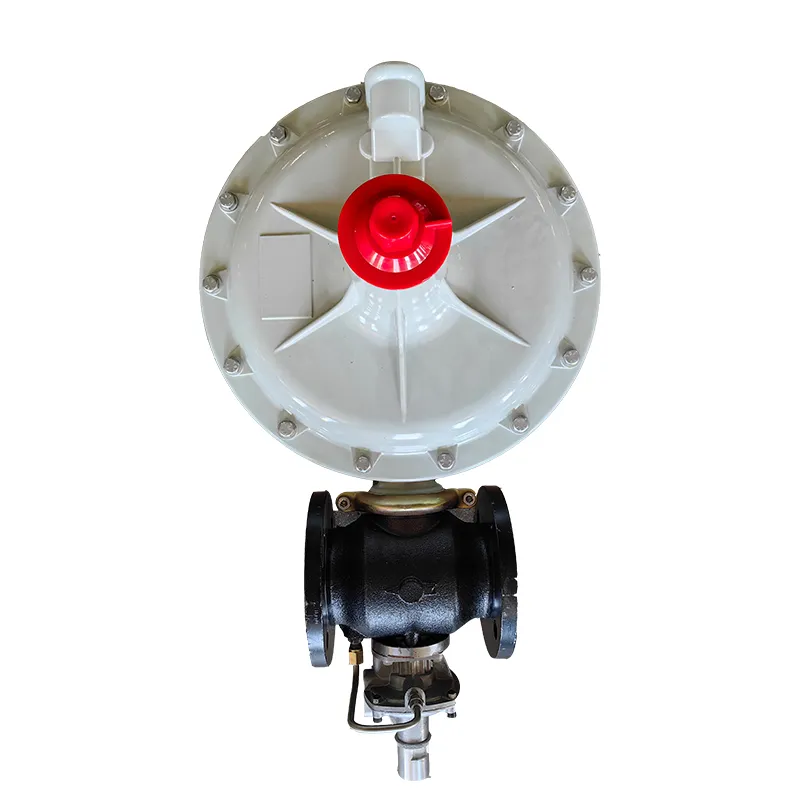
Nov . 11, 2024 07:44
Back to list
gas metering
Understanding Gas Metering Importance, Technology, and Application
Gas metering is a critical component of gas management systems, providing essential data for both utility providers and consumers. As global energy demands surge and environmental concerns rise, the significance of accurate gas measurement becomes even more evident. This article explores the importance of gas metering, the technology involved, and its applications across various sectors.
Importance of Gas Metering
Gas metering serves several fundamental purposes. First and foremost, it ensures accurate billing for consumers. Gas utilities rely on precise measurements to charge customers based on actual consumption rather than estimates. This not only fosters trust but also promotes energy conservation, as users are more likely to monitor and manage their consumption when they receive bills directly correlated to their usage.
Moreover, gas metering plays a crucial role in maintaining the integrity of the gas supply system. By providing real-time data on gas flow rates, pressures, and volumes, meter systems help utility companies manage supply and demand effectively. This data is vital for detecting leaks or irregularities in the system, thus enhancing safety. In the event of a gas leak, for example, immediate action can be taken to prevent potential hazards.
Technology Behind Gas Metering
Over the years, gas metering technology has evolved significantly. Traditional mechanical meters have been largely replaced by electronic and smart meters, which offer numerous advantages. Smart gas meters, equipped with advanced sensors and communication technologies, allow for real-time monitoring of gas usage. They can transmit data wirelessly to utility providers, facilitating accurate and timely billing.
The accuracy of modern gas metering systems is enhanced through the use of advanced flow measurement technology
. These include ultrasonic meters, which measure the speed of gas flow using ultrasonic waves, and diaphragm meters, which use mechanical components to quantify consumption. Additionally, compound meters can measure different types of gas flow, making them ideal for commercial and industrial applications.gas metering

Another important technological advancement is the integration of artificial intelligence (AI) and machine learning (ML) into gas metering systems. These technologies enable predictive analytics, helping utilities forecast demand and optimize operation schedules. By analyzing historical data patterns, AI can identify trends and anomalies, allowing for more efficient resource allocation and improved system reliability.
Applications of Gas Metering
The applications of gas metering extend beyond residential consumption. In industrial sectors, gas meters monitor usage in manufacturing processes, ensuring that operations remain within specified energy limits. This can result in significant cost savings and increased energy efficiency. In the energy sector, accurate metering is crucial for balancing supply and demand, particularly in systems reliant on renewable energy sources where gas may act as a backup.
Moreover, gas metering plays a vital role in environmental monitoring and compliance. Accurate measurements are essential for reporting greenhouse gas emissions, helping companies adhere to regulatory standards and sustainability goals. As businesses seek to reduce their carbon footprint, gas metering provides the data necessary to implement effective strategies for emission reduction.
Future of Gas Metering
As the energy landscape continues to evolve, the future of gas metering looks promising. The trend towards smart cities and the Internet of Things (IoT) will likely result in even more integrated and automated systems. Future gas meters may incorporate advanced features such as machine learning algorithms for anomaly detection and real-time data sharing with other energy systems.
In conclusion, gas metering stands at the intersection of technology, safety, and sustainability. Its role in ensuring accurate billing, enhancing safety, improving efficiency, and supporting environmental objectives cannot be overstated. As technology continues to advance, gas metering will play an increasingly vital role in the efficient and sustainable management of energy resources, ultimately contributing to a cleaner and more responsible future.
Next:
Latest news
-
Safety Valve Spring-Loaded Design Overpressure ProtectionNewsJul.25,2025
-
Precision Voltage Regulator AC5 Accuracy Grade PerformanceNewsJul.25,2025
-
Natural Gas Pressure Regulating Skid Industrial Pipeline ApplicationsNewsJul.25,2025
-
Natural Gas Filter Stainless Steel Mesh Element DesignNewsJul.25,2025
-
Gas Pressure Regulator Valve Direct-Acting Spring-Loaded DesignNewsJul.25,2025
-
Decompression Equipment Multi-Stage Heat Exchange System DesignNewsJul.25,2025

